After the 28 November, 2022 occupation of the Sanders Building at Erasmus University Rotterdam, where I work, by OccupyEUR, the students involved in the very nonviolent protest were violently removed by riot police at the Executive Board’s behest. Not the finest day for our university.

Thankfully, the Executive Board (CvB) are people, not machines. Which means that they felt contrition – a healthy and appropriate emotional response to exaggeratedly preemptively striking out against your own student population, while protecting the business interests of your oil and gas donors. Because of their display of human emotions – whether due to genuine genuflection and soul-searching, or the heaps of bad press their actions precipitated – this provided an unique opportunity for the campus to come together in dialog about the nontransparent kowtowing to the most polluting industries on earth. It brought up the asymmetric application of Erasmian Values, and the underestimation of the actual threats of climate collapse versus the imagined harms that could come from growing a backbone and cutting ties with the fossil fuels (and other ecocidal) industries.
So, my colleagues, many with whom I had organized together a petition for the professorate signed by over 550 university scholars condemning EUR’s police presence and violence against students on campus, the refusal to listen to them and take them seriously as an early warning system, and the university’s involvement in apologetics and social license for the fossil fuel industry – organized a roundtable with the CvB (top leadership) of EUR, as well as with some students and professors, to discuss how to move forward. (You can watch the entire thing here.)
One of the fundamental weaknesses of such a ‘townhall’ model, however, are the following:
(1) The tendency for conversations to go around in circles, with lots of finger pointing, abstraction, and he said she said
(2) The invitation for those who are insincere to actually address the graveness of the situation to blame the wrong people (blame the victim) and play light of the fundamental issues being discussed
(3) The tendency for those who are least informed about an issue to presume that they deserve the loudest voice in reinforcing normalcy bias.
All three of these tendencies were in full force at the Roundtable. Allow me to explain.
Anyone who has studied rhetoric knows the fallacies of argumentation – the weaknesses of thought that allow people to jump prematurely to conclusions. These are often similar to what Daniel Kahneman and others describe as our System 1 (fast, ‘gut’ instinct, emotional) and System 2 (slow, logical, deliberative) ways of thinking. Ironically, many times, those in the Roundtable who were asking for the introduction for accounting for our emotions were actually the most logical, those using their System 2 capabilities more than the others.
Facts matter. That doesn’t mean that we can’t contest them, á la science studies. But to make statements that are patently false, and verifiably false, especially in a moment or event where we are trying to create a collective emotional tone and way forward, is a sort of unintentional violence based on ignorance.
Because there was so much misinformation and fossil fuel talking points in the Roundtable, I routinely teach my students about the Dunning-Kruger Effect.
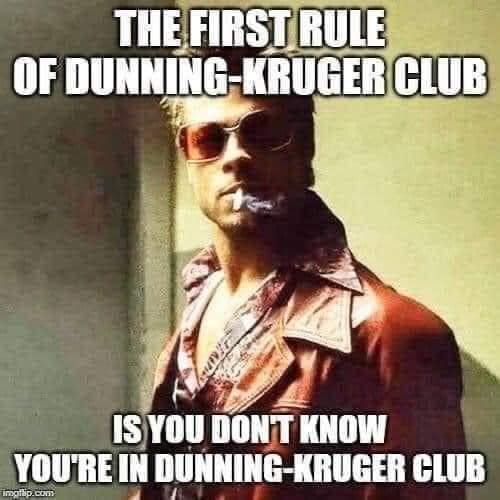
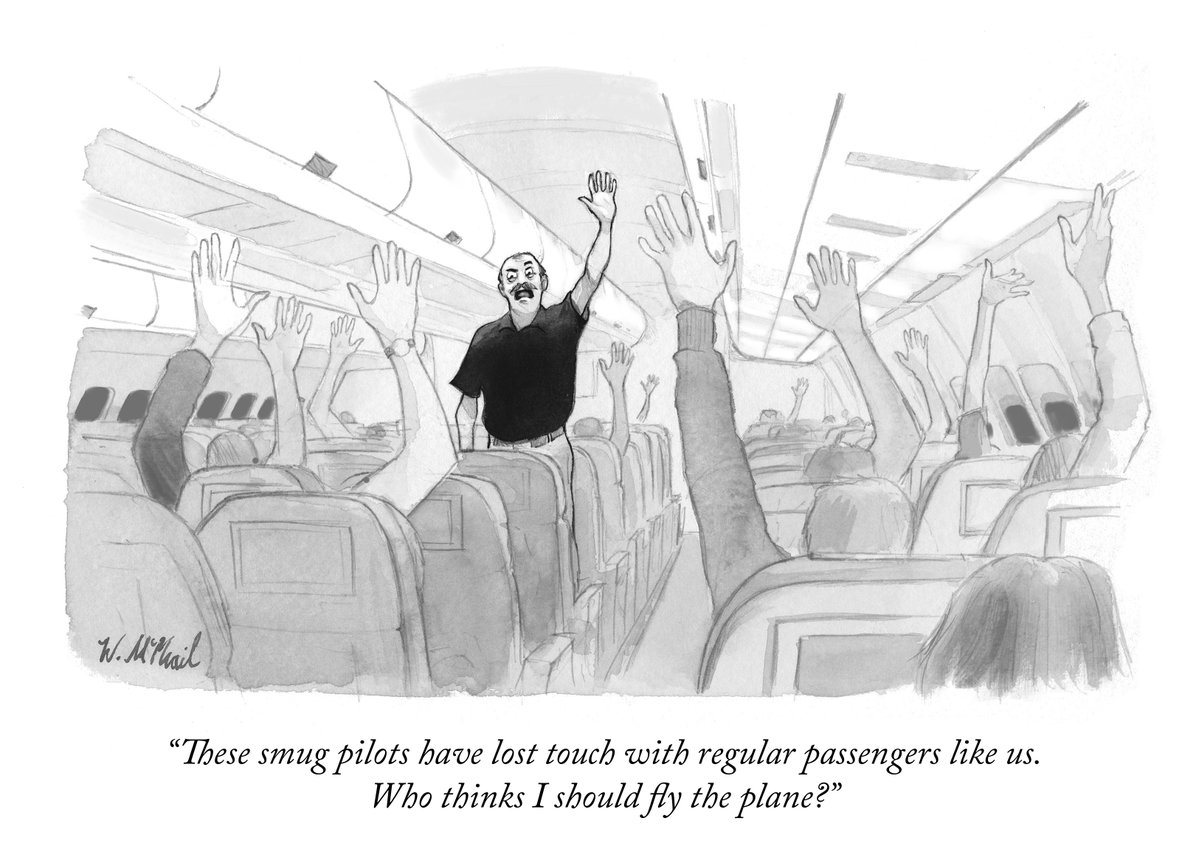
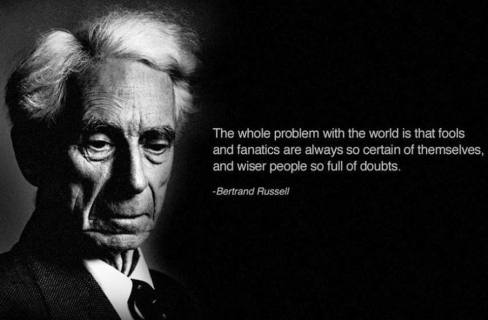
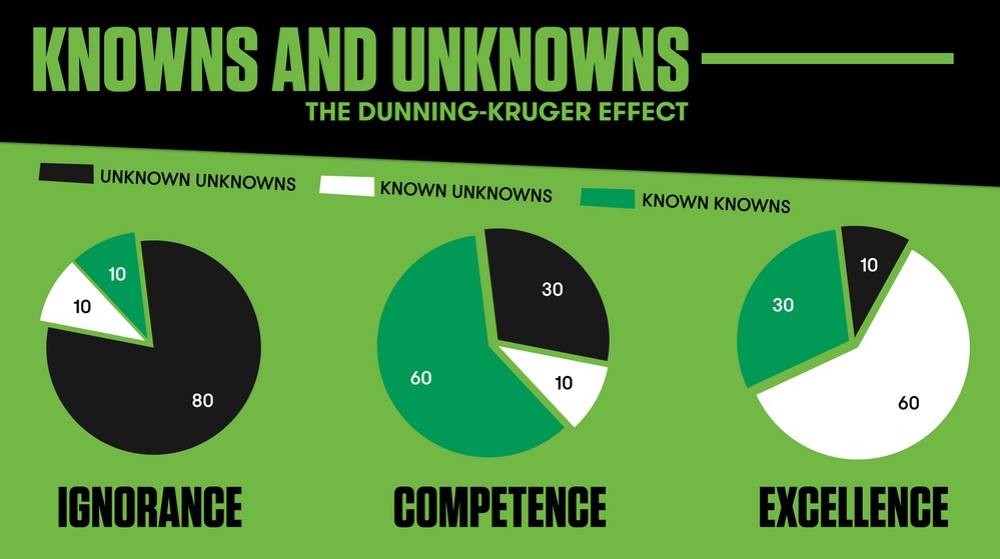
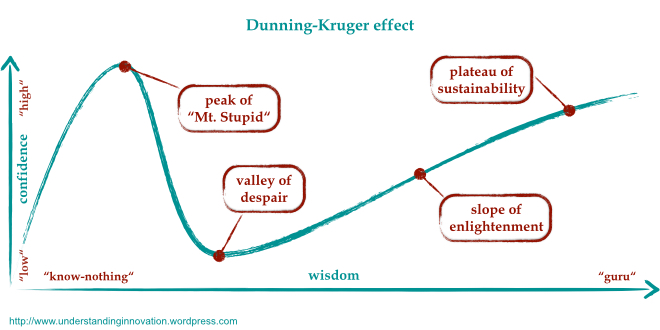
The Dunning-Kruger effect is important to understand because most people know that (1) OccupyEUR did not close down the campus or even the Sanders building; that was the direct reaction (however illogical) of the CvB, which had many other options on the table that due to their preemptive strike mindset, they chose not to follow (so the University Council gentleman who got that wrong, with bravado, simply doesn’t know how the university works, which is understandable and predictable since becoming a council member became a popularity contest rather that a faculty appointment based on excellence); (2) False equivalencies of a group of peaceful protesters doing your labor for you (of raising awareness about the actual level of existential catastrophe of climate change) is somehow morally on-par with right-wing racist extremist groups protesting because they want to kill you (as the University Council dame somehow made this mistake); (3) Shell did not give the Nigerians jobs (as an ESPhil postdoc incorrectly proposed) – Shell and the rest of the colonial fossil fuel predators destroyed the ecology of a thriving and self-sufficient flourishing people, destroying their clean water and ability to farm due to oil slicks. All of these major mistakes could have been prevented if those with the least amount of knowledge could have watched their emotions and realized they didn’t possess the rationality in that moment to contribute meaningfully, but only wished to poison the atmosphere with their virtue signalling hyperbolic doubt.
Any good researcher, like Albert Einstein, Peter Kalmus, Katherine Heyhoe, and Ruha Benjamin, amongst others, are compelled to act on the truths they discover. To do so otherwise would be unethical. To know exactly the cutting edge of climate science and pretend like you can keep on living unmoved in our unsustainable cultural and material oil soup, would be unconscionable. Literally, it would be lobotomizing, to remove our consciousness. Are universities really places for removing empathy and compassion? Are we training each other to become more dead inside, more automatic, more machinelike, for the sake of a death-creating system. I hope not. That’s not what I signed up for.
Unfortunately, the majority of research (money and funding) is focused on the contemporary equivalent of how many angels can dance on the head of a pin. In order to not do the hard sociological and cultural work of developing our conscience and changing the course of locked-in toxic power dynamics, research is exploited to reevaluate things we already know. Downstream versus upstream.
The loss of science in our process of doing science, in our university attempting to be a university, is sad but not surprising. We are happy to pay consultants the big bucks to help us manage people ‘better’ or create more paperwork, or try to get us higher in some rankings, but we’re unwilling to listen to the world-renowned experts at our own institution. This deliberate overlooking of expertise is in order to pretend that there’s not a problem. We’re happy to have worldclass researchers and teachers attracting students, bringing in grant money, and publishing in recognized peer-reviewed journals, but to listen to them on the most important questions of the millenia? Nah, to vulnerable. Too honest to admit that the top brass doesn’t know what they are doing and needs help. It would require being human, admitting mistakes fully, admitting failure even. And admitting, like any addict (to oil, to prestige, to a broken and breaking structure of global gaslighting) that you have a problem. And seeking help. From people who are doctors, and know how to treat this particular addiction. Please listen to us. Please listen to more than your own echochamber. As I mentioned, I’m part of a much larger group of experts, both at our university, and as part of the Climate Social Science Network, a group of people who have read the documents of the largest transnational fossil fuel companies on earth (you can too!), and have been studying these topics for decades, might have some idea of what works best, and what doesn’t. We could discuss the pernicious effects of normalcy bias (don’t look up!), how adaptive preferences assume like Dr. Pangloss that we are living in the best of all possible worlds, the world of agnotology and how ignorance is perpetuated (like a virus) systematically, or how to make sense in a traumatized society. Unlike those on the peak of Mount Stupid in the Dunning-Kruger curve, we have been studying these things with peers and have a recognized discourse and epistemic culture upholding our own Overton window.

Experts who study catastrophic climate change, the end of civilization, the destruction of the Megamachine, and the harm of industrialization, like myself, are always happy to help sincere inquirers. If you are ready to change your mind, and are open to learning, we’re happy to have a conversation with you, and lead you down the path of how we came to the conclusions we hold. All you have to do is ask. Sincerely.
After the event, one of the CvB approached me, and asked me in a blustered matter: “Well, Shell is investing €1 billion in green hydrogen at the Port of Rotterdam. Don’t you think that’s a good thing? Surely, we desperately need the Port to clean up its pollution.” While I agree that the Port of Rotterdam, with its bunker oil-filled ships, the diesel trucks carrying stuff from Europe’s largest port across Europe, I am sure that Shell, like other corporations, does not engage in largess without calculated significant strategic advantage. Perhaps Shell’s investment will give them leverage to retard actualization of hydrogen shipping, or to help reinforce the brain worm that shipping will only increase when in fact it will have to drastically ramp down. I don’t know the actual mechanism at play, because in this case I haven’t looked at their documents on this issue. But to blindly assume that a drop in the bucket of green technology amounts to Shell suddenly becoming (again) The Great White Savior is hogwash. No corporation makes investments without an expected ROI, not just monetarily, but also in terms of securing their social license to operate, and to keep competition out. To not engage in the complexity of these issues is patently unscientific. How can we let such small gestures (compared to their total expenditures and earnings) compensate for the fact, say, that when the Dutch Courts ruled that Shell needed to significantly reduce it’s CO2e output, it jumped ship and reestablished (as UnRoyal and NonDutch Shell) in London? Are our memories so short? Are we so pro-industry that we only remember the greenwashing?
To wit, The New York Times just came out with an article titled “Big Oil Companies Are Bullies That ‘Want to Be Seen as Good Guys’” that discusses how our society is addicted to helping out the worst perpetrators in our society because of their successful global gaslighting that has convinced us that they really are the victims, rather than the violators. The biggest surprise after a year of US Congressional investigation was the “lack of introspection.” Perhaps it is our own lack of introspection that has us falling for their empty promises again and again.
As I publicly proclaimed at the Roundtable: even if we have a love affair with Shell and other genocidal fossil fueled groups, if we really love them, we need to set them free, and if they come back, then we know it’s meant to be. We must break all relations with these poisoning groups, and if their actions change, at a later point, may reconsider. But business as usual is killing them and us.
In these times of moral and material darkness, let us remember that especially if you find yourself on the side of hate and ignorance, that there is work to be done. And for the rest of us too, that to move forward, we will have to sacrifice our egos (however hard it may be for me!) in order to achieve a better world for all, even for those kicking and screaming against their own very most exquisite self-interest.
Lord, make me an instrument of thy peace.
Where there is hatred, let me sow love,
Where there is injury, pardon;
Where there is doubt, faith;
Where there is despair, hope;
Where there is darkness, light;
And where there is sadness, joy.O Divine Master, grant that I may not so much seek
to be consoled as to console,
to be understood as to understand,
to be loved, as to love.For it is in giving that we receive,
It is in pardoning that we are pardoned,
and it is in dying that we are born to eternal life.? St. Francis of Assisi